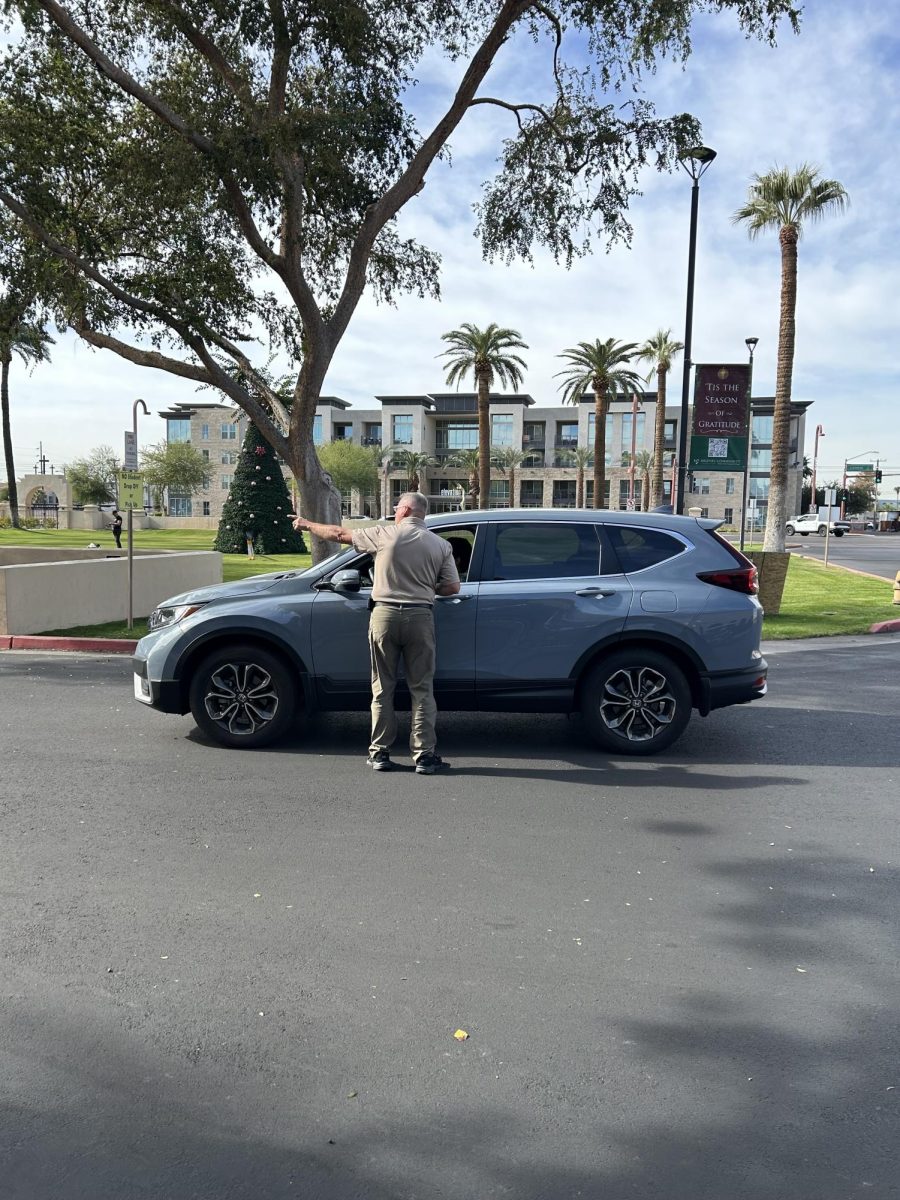By Rohan Andresen ’12
THE ROUNDUP
Usually, when a Brophy student has a question, they don’t go to the class encyclopedia, nor do they ask a teacher who works in that field.
Instead, they simply type their question into the computer in front of them and instantly get the answer.
Are we becoming too dependent, though, on search engines?
Many times, the answers we get are short and suffice. But how do we know that they are accurate and legitimate?
More often than not, we just accept the answer as fact without looking at the source of the Web site or the credentials of the person answering.
If we become so dependent on just typing a question in to a box, we are bound to lose our skills of research through books and archives.
A good number of classrooms at Brophy and many schools across the country lack dictionaries, and even more lack the lengthy and text-heavy encyclopedias of days past.
The skills that generations before us had of reading and researching in written textbooks has been replaced by newer skills.
Who has been to a public library recently? I know that I haven’t.
Younger generations are able to use the computers and Internet to successfully find relevant information.
Many think younger generations are being lazy because of the accessibility of the Internet, but as technology changes, the ease of obtaining information increases.
The changes are acceptable, but with the changes also come consequences.
When we have a question we seek answers on a search engine, but usually, instead of memorizing the information we simply read it and move on to the next question.
We know that if we found the answer once, we don’t need to remember it and next time we have that question we can search for it again.
We become dependent on the Internet and turn to it first for answers.
Although these changes are needed and helpful for the advancement of mankind, they are a double-edged sword. It can also hinder our civilization by making us lazy and overly dependent on web searches and technology.














